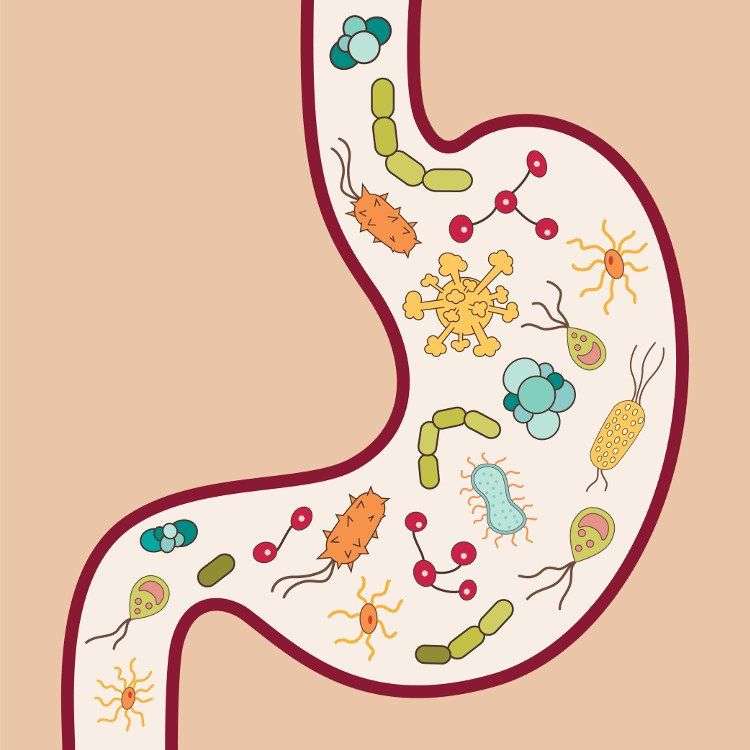
In the world of nutrition, the spotlight often shines on probiotics and their role in maintaining a healthy gut. However, equally crucial to gut health are prebiotics – the unsung heroes that provide the fuel for the beneficial bacteria residing in our digestive system. In this blog, we will explore the wonders of prebiotics, their benefits, and how you can incorporate them into your diet for a flourishing gut and overall well-being.
Understanding Prebiotics:
What Are Prebiotics? Prebiotics are non-digestible fibers that serve as food for the beneficial bacteria, or probiotics, in our gut. Unlike probiotics, which are live bacteria found in certain foods or supplements, prebiotics are found in specific types of carbohydrates that resist digestion in the upper gastrointestinal tract and reach the colon intact.
The Benefits of Prebiotics:
- Gut Microbiota Harmony: Prebiotics act as a nourishing source for the good bacteria in our gut, promoting a balanced and diverse microbiota. This balance is crucial for optimal digestion, nutrient absorption, and a strong immune system.
- Digestive Health: By promoting the growth of beneficial bacteria, prebiotics contribute to improved digestion and a reduced risk of gastrointestinal issues such as constipation and irritable bowel syndrome (IBS).
- Enhanced Nutrient Absorption: A healthy gut flora, supported by prebiotics, plays a role in the absorption of essential nutrients, including calcium and magnesium. This, in turn, contributes to better bone health.
- Regulation of Blood Sugar: Some prebiotics have been shown to help regulate blood sugar levels, making them potentially beneficial for individuals with diabetes or those at risk of developing the condition.
- Mood and Mental Health: Emerging research suggests a connection between gut health and mental well-being. Prebiotics may influence the gut-brain axis, impacting mood and cognitive function positively.
Sources of Prebiotics:
- Inulin: Found in chicory root, garlic, onions, and bananas, inulin is a versatile prebiotic that adds a subtle sweetness and creaminess to various dishes.
- FOS (Fructooligosaccharides): FOS is present in foods like asparagus, leeks, and artichokes. These vegetables not only provide prebiotics but also pack a nutritional punch with vitamins and minerals.
- Resistant Starch: Foods like green bananas, legumes, and whole grains contain resistant starch, a prebiotic that resists digestion and ferments in the colon, supporting gut health.
Incorporating Prebiotics Into Your Diet:
- Include a Variety of Fibrous Foods: Embrace a diverse range of fruits, vegetables, whole grains, and legumes to ensure you’re getting a spectrum of prebiotics.
- Choose Whole Foods: Opt for whole, unprocessed foods to maximize your intake of prebiotics while also benefiting from other essential nutrients.
- Experiment with Fermented Foods: Combining prebiotics with probiotics found in fermented foods like yogurt, kefir, and sauerkraut can create a synergistic effect for gut health.
In the journey to optimal health, don’t overlook the importance of prebiotics. These indigestible fibers play a crucial role in nurturing the environment in your gut, fostering the growth of beneficial bacteria. By incorporating a variety of prebiotic-rich foods into your diet, you’re not just eating for yourself but also for the trillions of microorganisms working hard to keep you healthy from the inside out. So, let the wonders of prebiotics be your secret weapon for a thriving gut and a vibrant life.
DROP DOWN YOUR COMMENT ON OUR FORUM PAGE BY OPENING A NEW TOPIC



